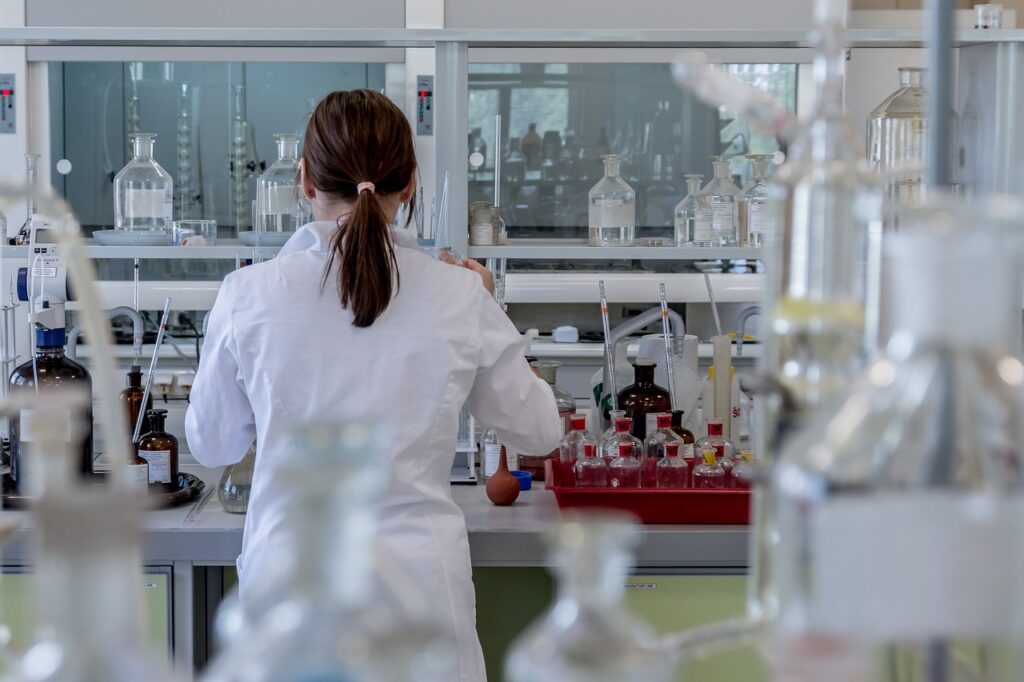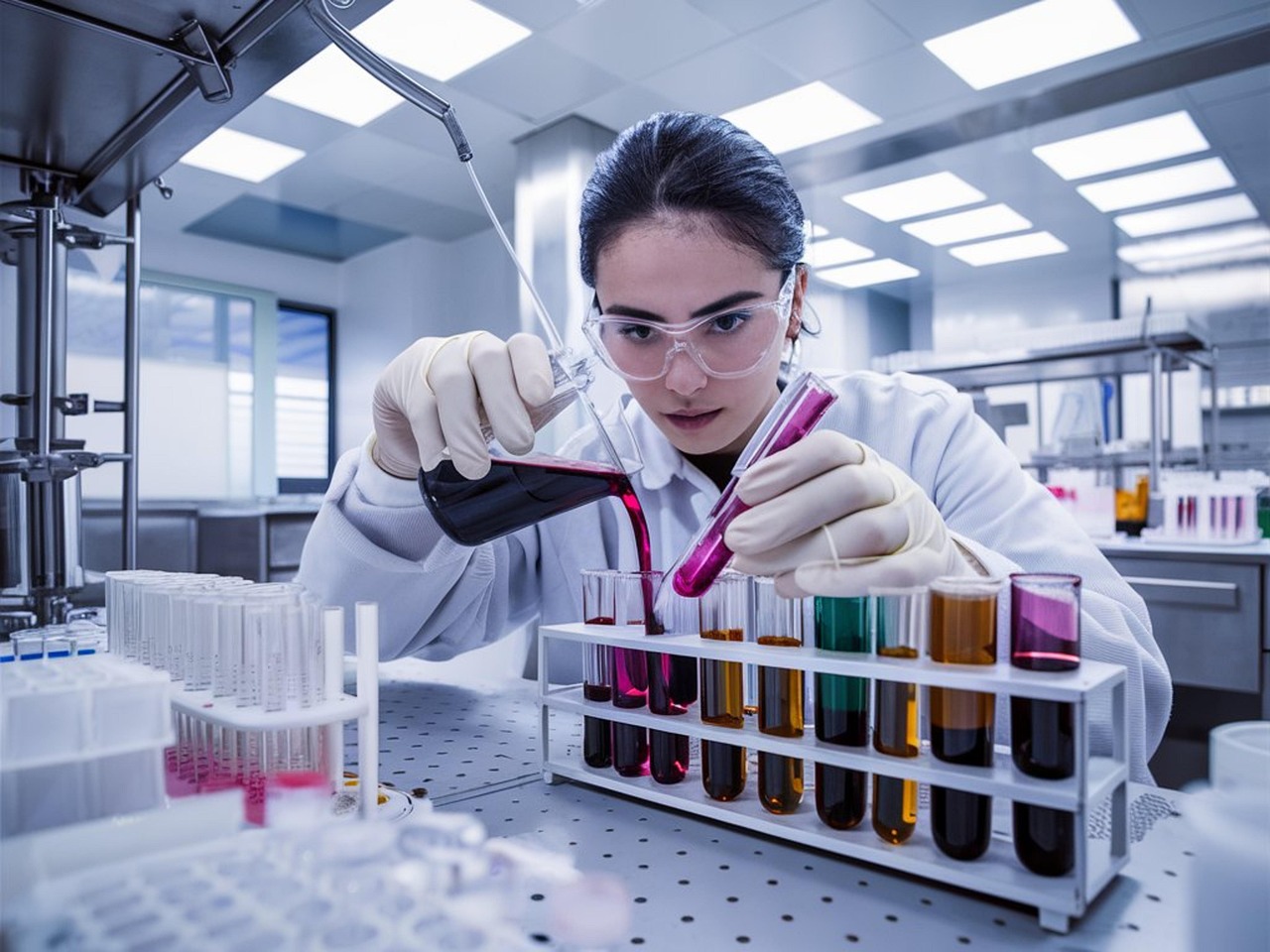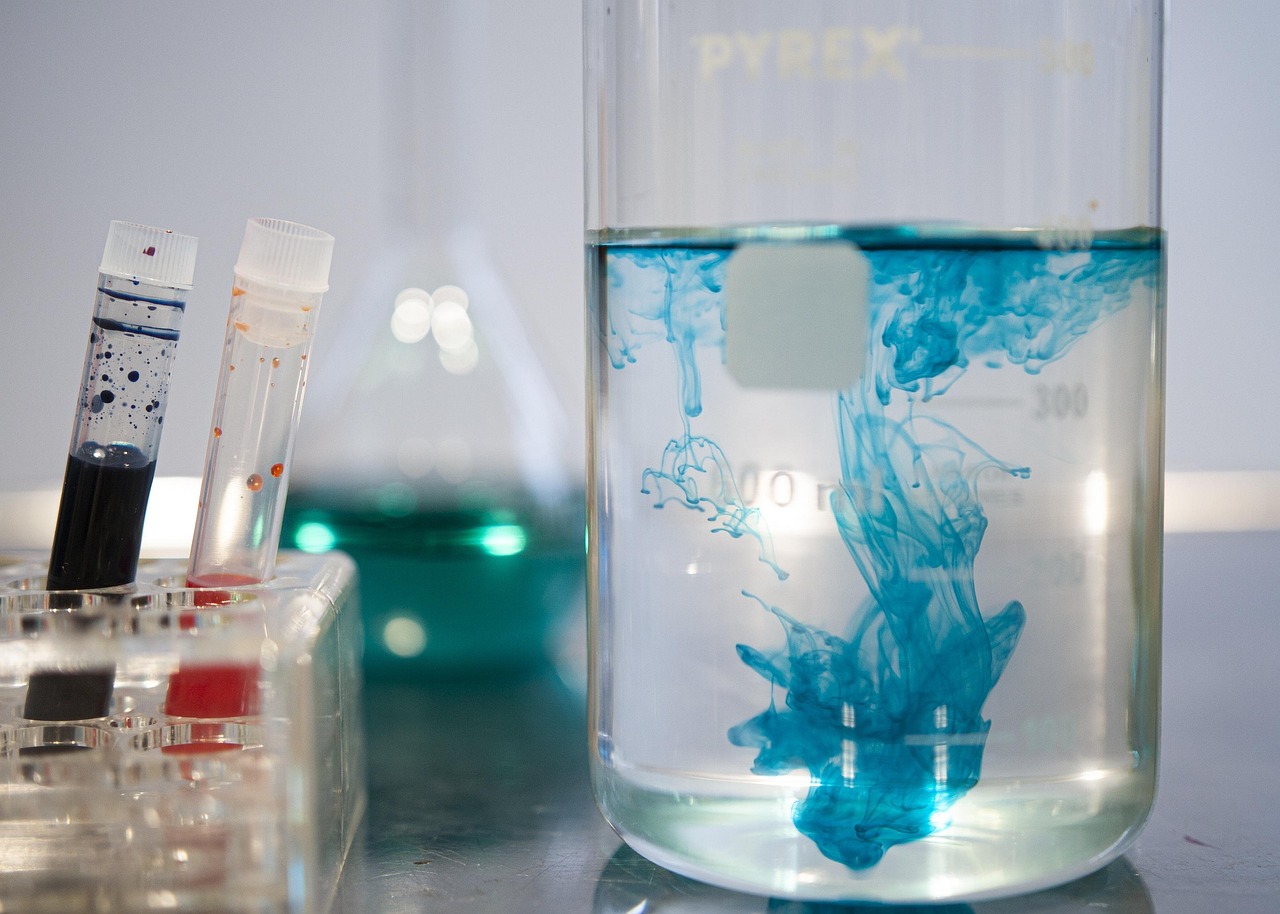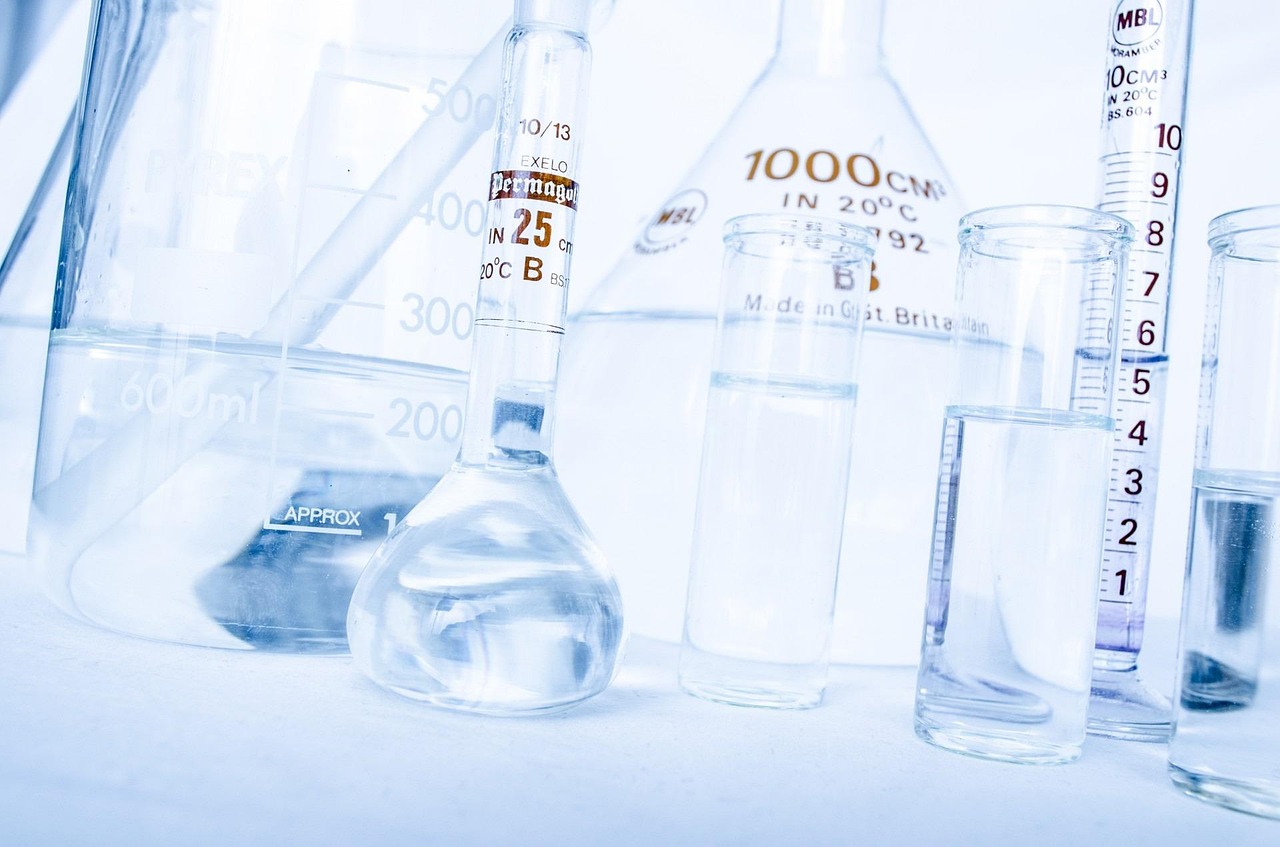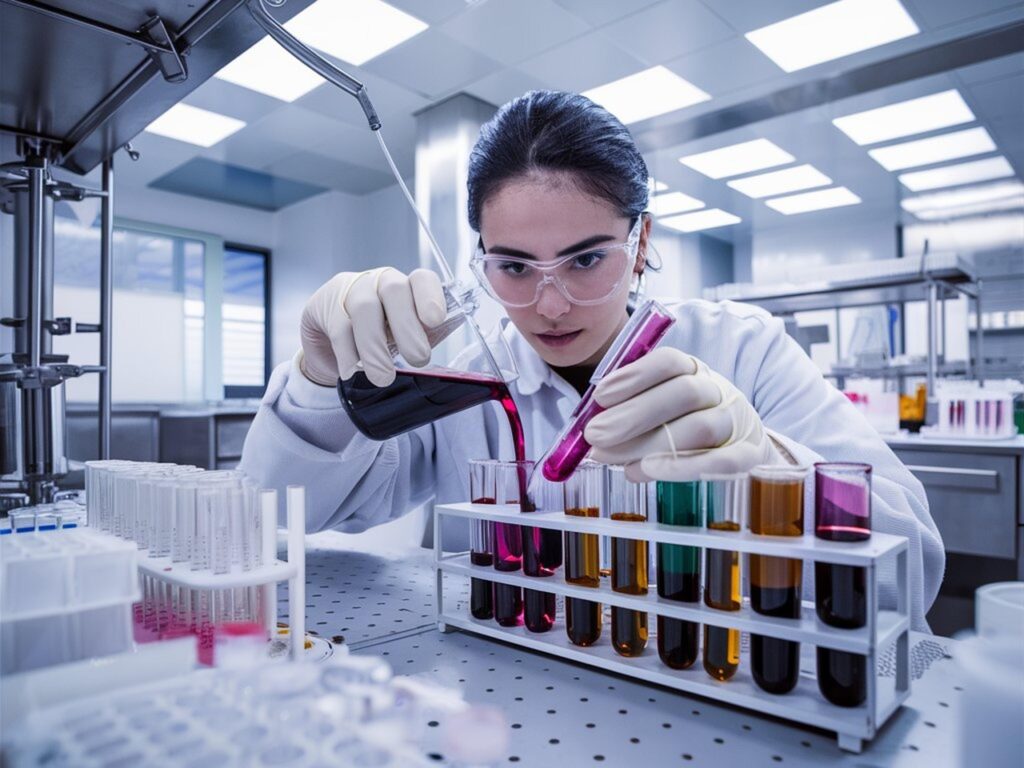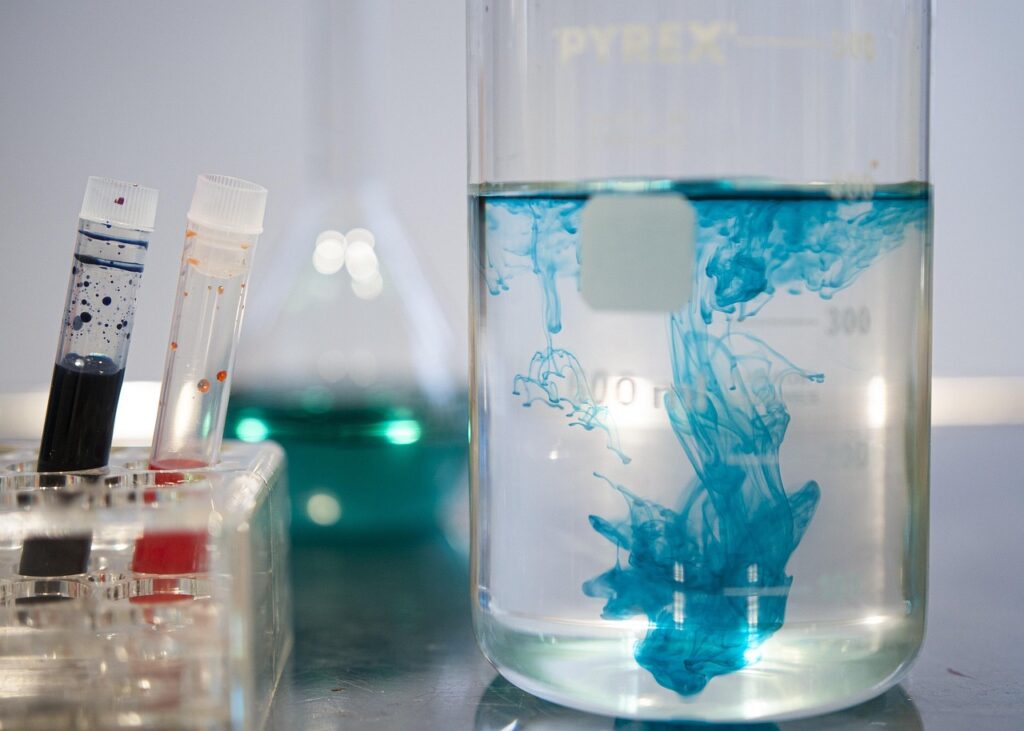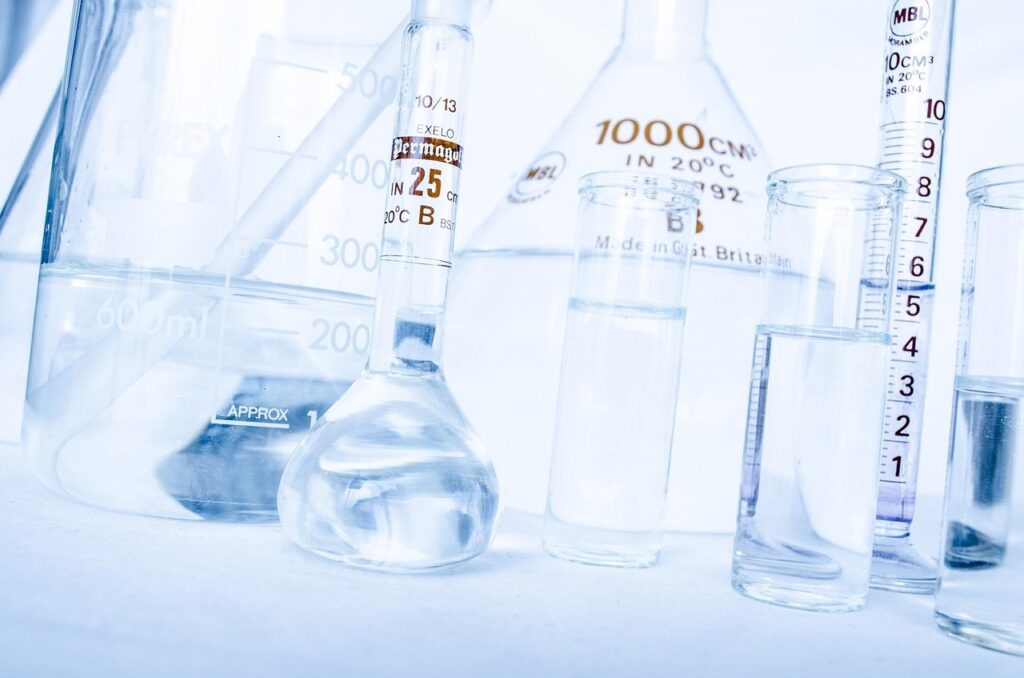In today’s fast-paced world, when processed and packaged foods make up a large portion of our daily diet, food safety and quality have become vital. Customers want information about the safety, nutritional content, and ingredients of the food they eat to be transparent. A Certified Food Testing Lab is essential in this situation. Before food goods are sent to consumers, these labs make sure they adhere to safety, quality, and legal requirements. This blog will discuss the definition of a Certified Food Testing Lab and its importance to public health and food businesses.
What is a Certified Food Testing Lab?
An approved facility with the capacity to examine food samples for safety, quality, and regulatory compliance is known as a Certified Food Testing Lab. Reputable agencies including the FDA (Food and Drug Administration), ISO (International Organization for Standardization), NABL (National Accreditation Board for Testing and Calibration Laboratories), and FSSAI (Food Safety and Standards Authority of India) have approved these facilities.
These labs conduct various tests, including:
- Microbiological analysis to detect harmful bacteria and pathogens
- Chemical analysis to check for contaminants, toxins, and preservatives
- Nutritional analysis to verify label claims
- Shelf-life testing to determine the product’s expiration period
- Heavy metal testing to identify hazardous elements like lead, arsenic, and mercury
Importance of a Certified Food Testing Lab
1. Ensures Food Safety
With millions of instances recorded each year, foodborne diseases are a major global concern. Food poisoning, infections, and chronic ailments are just a few of the serious health problems that can result from eating contaminated food. To ensure that food is safe to eat, pollutants are found and removed with the aid of a Certified Food Testing Lab.
2. Compliance with Regulatory Standards
Strict food safety laws have been put in place by governments to safeguard consumers. These rules must be followed by food producers and suppliers in order to prevent fines, product recalls, and monetary losses. A Certified Food Testing Lab ensures that food products comply with national and international standards such as FSSAI, FDA, HACCP (Hazard Analysis and Critical Control Points), and ISO 22000.
3. Prevention of Food Adulteration
Food adulteration is a pervasive problem that jeopardizes public health and food quality. Examples include adding harmful substances like synthetic colors, preservatives, or diluted ingredients to increase shelf life and profit margins. Certified Food Testing Labs conduct rigorous testing to detect adulterants and maintain food purity.
4. Consumer Trust and Brand Reputation
Consumer trust is essential to a brand’s success in a cutthroat industry. A business gains credibility and reassures consumers about the safety and quality of its products when it employs a Certified Food Testing Lab to validate them. Prioritizing food testing increases a brand’s chances of attracting devoted consumers and building a solid reputation.
5. Quality Control and Assurance
Maintaining consistent product quality is just as important as compliance when it comes to food testing. Through the analysis of nutritional content, taste, texture, and shelf life, a Certified Food Testing Lab assists food manufacturers in monitoring and improving their goods. This guarantees that each batch of food satisfies the necessary requirements prior to being consumed.
6. Detection of Contaminants and Allergens
From the procurement of raw materials to packaging and distribution, food contamination can happen at any point during the production process. Pesticides, heavy metals, and leftover antibiotics are among the toxins that can be found with the use of certified food testing labs. In order to protect customers with food sensitivities from allergic reactions, they also test for allergens like dairy, gluten, and nuts.
7. Facilitates Export and International Trade
Complying with international food safety regulations is essential for food companies hoping to grow internationally. Food goods that are exported must adhere to the laws of the importing nation, which frequently call for approved testing. Food manufacturers can join new markets without facing trade barriers thanks to the reports and certificates provided by a Certified Food Testing Lab.
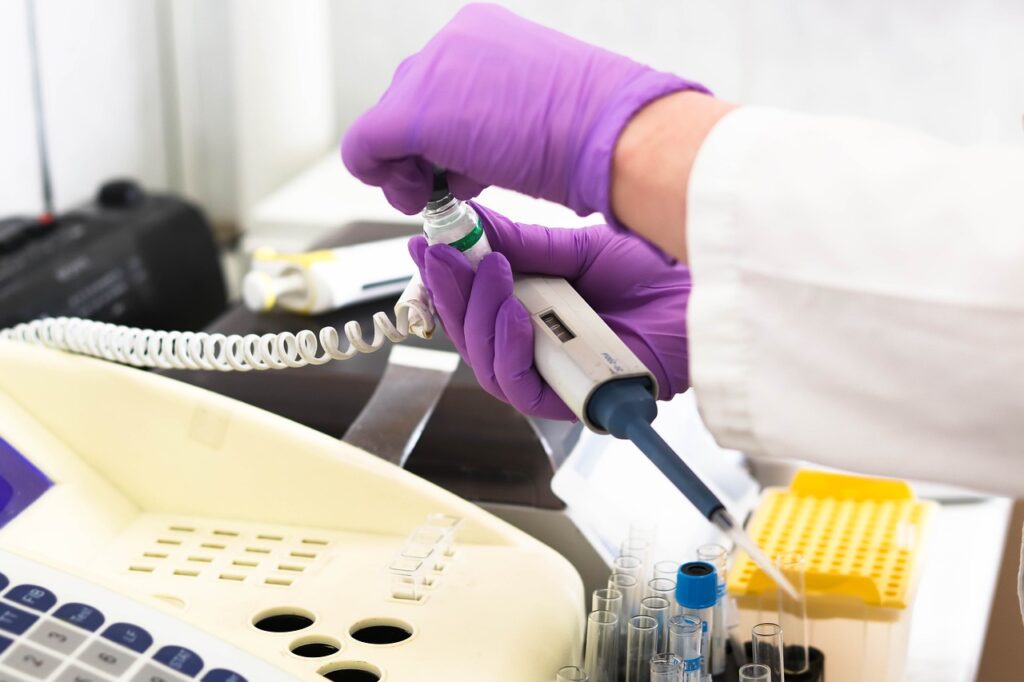
Types of Tests Conducted in a Certified Food Testing Lab
1. Microbiological Testing
- Detects harmful bacteria like Salmonella, E. coli, and Listeria
- Ensures food is free from microbial contamination
2. Chemical Testing
- Analyzes pesticides, heavy metals, and toxins
- Identifies harmful chemical additives
3. Nutritional Analysis
- Verifies macronutrients (carbohydrates, proteins, fats)
- Confirms micronutrients (vitamins and minerals)
4. Shelf-Life Testing
- Determines product durability under different storage conditions
- Helps manufacturers set accurate expiration dates
5. Adulteration Testing
- Detects artificial colors, synthetic preservatives, and unauthorized additives
- Ensures food purity and authenticity
How to Choose a Certified Food Testing Lab?
When selecting a food testing lab, consider the following factors:
- Accreditation and Certifications – Ensure the lab is accredited by FSSAI, NABL, or other regulatory bodies.
- Testing Capabilities – Check if the lab offers a comprehensive range of food safety tests.
- Technology and Equipment – Advanced testing methods and modern equipment improve accuracy and efficiency.
- Turnaround Time – Quick test results are essential for businesses with tight deadlines.
- Reputation and Reliability – Look for a lab with positive client reviews and a strong track record in food testing.
Conclusion
A Certified Food Testing Lab is an essential part of the food industry, ensuring that food products meet safety, quality, and regulatory standards. These labs play a critical role in preventing foodborne illnesses, detecting contaminants, and maintaining consumer trust. Businesses that prioritize food testing not only comply with regulations but also build a strong reputation in the market. By choosing a reliable Certified Food Testing Lab, food manufacturers can ensure their products are safe, high-quality, and ready for consumers worldwide.
Whether you are a food manufacturer, restaurant owner, or retailer, investing in certified food testing is a step towards a safer and healthier future. Always opt for accredited labs to guarantee the best results and compliance with food safety standards.

